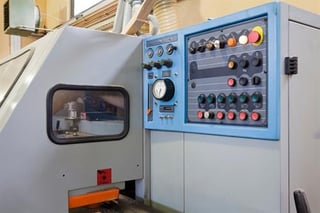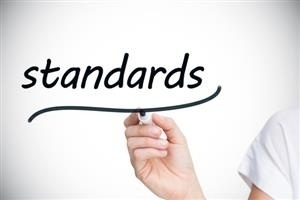
When you are considering donating equipment for tax purposes, no matter how much or how little you can afford to give, it usually goes toward a worthy cause and makes you feel good in the process. Many people donate cash while others choose to make a donation of property or equipment.
While giving is its own reward, the IRS also rewards those who make charitable contributions to qualified organizations. As long as you meet certain guidelines and follow basic rules, you will be able to take a deduction on your tax return for the fair market value of your donation.
Claiming a Deduction for Donated Equipment or Machinery
Individuals, partnerships, and corporations are all eligible to claim a tax deduction on their tax return for donated property such as machinery & equipment. If you donate these tangible assets, and believe the value will be in excess of $500, you are required to fill out IRS Form 8283 (Non-Cash Charitable Deductions). On donations above $500, but no more than $5,000, you need to fill out Section A of Form 8283 but likely will not need to provide an equipment appraisal supporting the value. For donations where the value exceeds $5,000, you are required to fill out Section B of Form 8283 and you will need to provide an appraisal.
The IRS does not necessarily think everyone will overstate the value of their donation so they can claim a bigger deduction, but they must be able to document larger transactions using a reasonable process of independently valuing the property. The IRS generally does not question donations under $500, but you should keep records/receipts of all charitable gifts just in case they do. An equipment and machinery appraisal is required on more highly-valued items because the potential to overstate can materially reduce the amount of revenue the agency receives.
In most cases where you need an appraisal, you do not need to attach it to Form 8283 and submit it with your return. An exception would be if your claimed donation is over $500,000. Keep the appraisal in your records just in case the IRS questions the amount of the claimed deduction.
Who is a Qualified Appraiser?
Equipment value established by an accredited equipment appraiser is more likely to be accepted as accurate by the IRS. An accredited equipment appraiser has the experience, education, and ability to perform an equipment & machinery valuation by following generally accepted appraisal standards. Accredited equipment appraisers are so designated by the American Society of Appraisers (ASA) and are compliant with the Uniform Standards of Professional Appraisal Practice (USPAP).
In summary, do not try to save a few dollars by hiring the cheapest appraiser you can find. You should always look for an accredited equipment appraiser who has the credentials to complete a supportable assessment of your donated equipment values. Using an appraisal company that only hires accredited appraisers is the best way to assure you will receive the best bang for your buck and feel confident that you're receiving the most benefit from donation.




